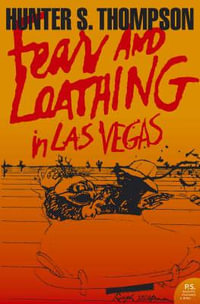Unprecedented crime rates have made Guatemala City one of the most dangerous cities in the world. Following a peace process that ended Central America's longest and bloodiest civil war and impelled the transition from a state-centric economy to the global free market, Guatemala's neoliberal moment is now strikingly evident in the practices and politics of security. Postwar violence has not prompted public debates about the conditions that permit transnational gangs, drug cartels, and organized crime to thrive. Instead, the dominant reaction to crime has been the cultural promulgation of fear and the privatization of what would otherwise be the state's responsibility to secure the city. This collection of essays, the first comparative study of urban Guatemala, explores these neoliberal efforts at security. Contributing to the anthropology of space and urban studies, this book brings together anthropologists and historians to examine how postwar violence and responses to it are reconfiguring urban space, transforming the relationship between city and country, and exacerbating deeply rooted structures of inequality and ethnic discrimination.
Contributors. Peter Benson, Manuela Camus, Avery Dickins de Giron, Edward F. Fischer, Deborah Levenson, Thomas Offit, Kevin Lewis O'Neill, Kedron Thomas, Rodrigo Jose Veliz
Industry Reviews
"This volume makes a valuable contribution to the emerging anthropological literature on the social and cultural dimensions of neoliberal restructuring. Its vivid chapters both show us what neoliberalism 'looks like' in Guatemala, and invite us to think about how we might pursue a broader discussion about topics (violence, crime, security, urban space) that cut across regions and demand a global and relational analysis. An impressive collection." James Ferguson, Stanford University "Together these chapters unsettle easy binaries and simplified notions of victimhood. The city and countryside shape each other far more than is often stated. And vulnerable city residents act on urban space to make it theirs again. The editors' introduction is a forceful theoretical and empirical reframing of the usual representations of the miseries of the poor in the city. They succeed in making the study of Guatemala City a lens into a broader Latin American history."oSaskia Sassen, author of Territory, Authority, Rights: From Medieval to Global Assemblages
























